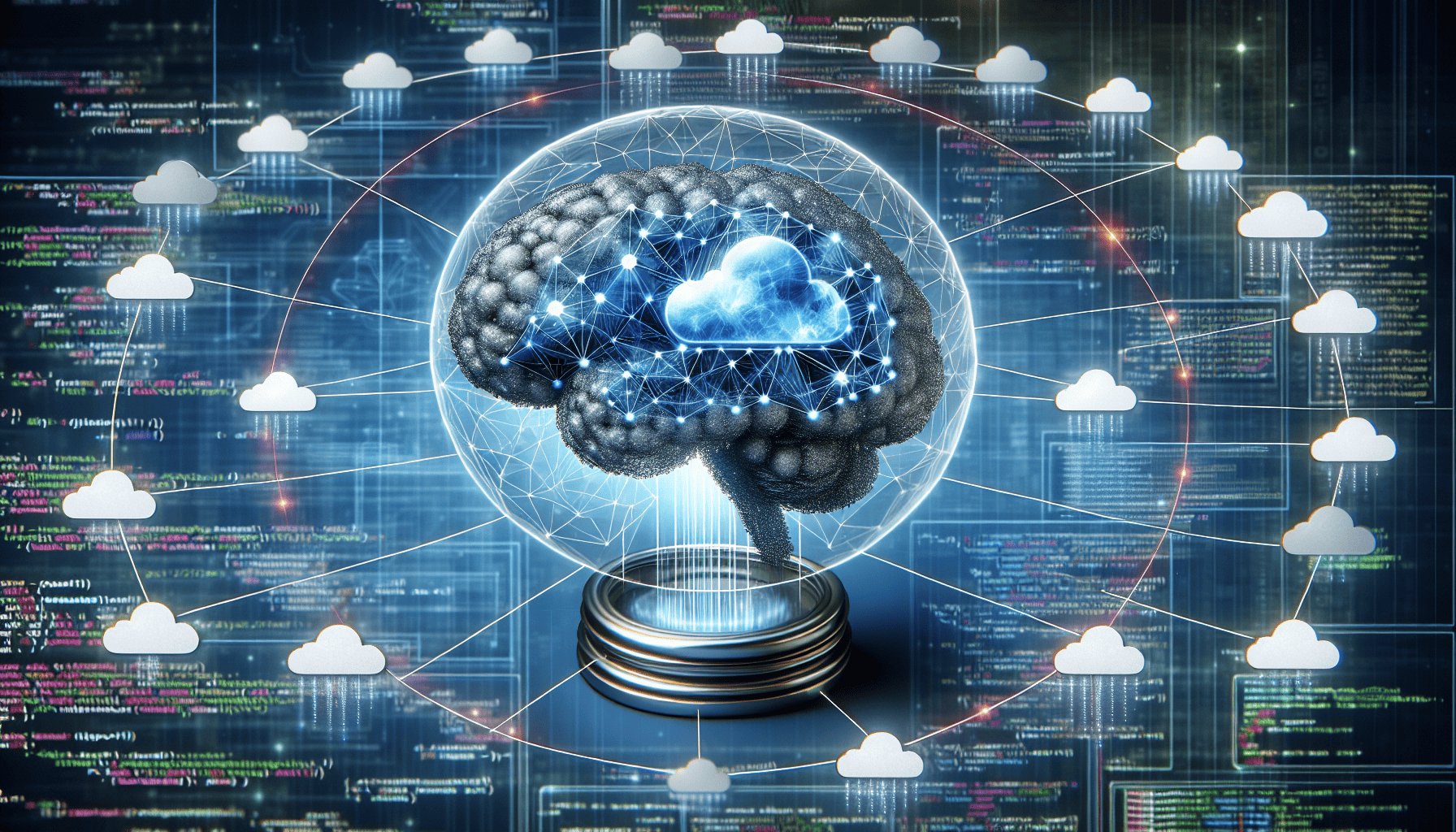Artificial intelligence (AI) is increasingly becoming a game-changer in the realm of software engineering. From enhancing productivity to revolutionizing problem-solving approaches, AI is transforming the way developers write, test, and maintain code, thereby redefining modern software engineering.
One of the most significant contributions of AI in software development is in the area of automated testing. Traditional software testing can be a tedious and time-consuming process, often prone to human error. AI-driven testing tools can automatically generate and run test cases with incredible precision and speed, identifying bugs and vulnerabilities that might otherwise go unnoticed. These tools utilize machine learning algorithms to predict error-prone areas and focus testing efforts there, increasing efficiency and reducing the risk of overlooking critical issues.
Moreover, AI has made intelligent code completion a reality, significantly boosting developers' productivity. Tools powered by AI can predict and suggest the next few lines of code, similar to how a predictive text feature works on smartphones. By recognizing patterns in previously written code, these tools can offer real-time recommendations, allowing developers to work faster and with fewer interruptions. This capability not only saves time but also helps reduce errors, leading to more robust software solutions.
AI's impact on software engineering extends beyond just writing and testing code. It is also transforming problem-solving methodologies. AI systems can analyze vast amounts of data from various projects and identify patterns and solutions that might not be immediately obvious to human developers. By drawing on a more extensive base of experience and knowledge than any individual or team could possess, AI can offer insights into complex problems and suggest innovative solutions.
In addition, AI is streamlining project management in software development. AI-powered project management tools can monitor team performance, forecast project timelines, and even allocate resources efficiently based on past project data and current workloads. These systems can predict potential bottlenecks and issues, allowing teams to address them proactively, ensuring smoother project flows and successful outcomes.
The revolution brought by AI in software engineering does not come without challenges. Ethical considerations, such as bias in AI algorithms and the potential displacement of jobs, need to be addressed. Moreover, there is a growing need for developers who are not only skilled in traditional software engineering but also understand how to effectively integrate AI technologies into their workflows.
Finally, as AI continues to evolve, so too will its role in software engineering. The future holds the promise of even more sophisticated AI tools and techniques that will further enhance efficiency and innovate the software development process. As developers embrace AI technologies, they will not only improve the quality of the software they create but also open new possibilities for what software can achieve.
In conclusion, AI has started to reshape the landscape of modern software engineering. From automated testing and intelligent code completion to improved problem-solving and project management, AI is proving to be an invaluable partner to developers. While challenges remain, the continued integration of AI into software development processes holds great promise for the future, offering enhanced capabilities and unprecedented opportunities for innovation.
